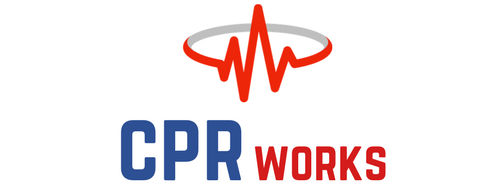Fun Facts About Your Bones
- there are 206 bones in your body — you start with about 300 bones at birth and they fuse together as you grow
- the manible is the only moving bone in the skull
- almost half of all the bones in your body are in your hands and feet
- the hyoid bone is the only bone in your throat that is jointless which means that is not attached to another bone
- the femur is the longest bone in the body connecting the pelvis to the knee
- adult bones account for about 14% of total body weight
- 14 bones make up your face
- the smallest bone in the body is located in your ear — called the stirrup — it only measure 0.1 inches
- every second, bone marrow produces 2 million red blood cells
- we are about 0.5 inches shorter in the evening than in the morning due to the cartilage being squeezed while standing and sitting
- the collagen in bone constantly replenishes itself so you get a new skeleton about every 7 years
- cracking your knuckles will not increase your risk for developing arthritis
- bones look spongy on the inside and filled with lots of air
BLS Fact of the Week
ACLS Fact of the Week
Class Schedule
11/29/17 @ 4:00 pm
BLS Provider
Register here for this class!
11/29/17 @ 4:00 pm
BLS Provider Skills Session
We also offer onsite training. Please call us today to schedule!
Chris – 239-292-4225
Visit our website!
Class Schedule is subject to change.
Please call if you have any questions!




